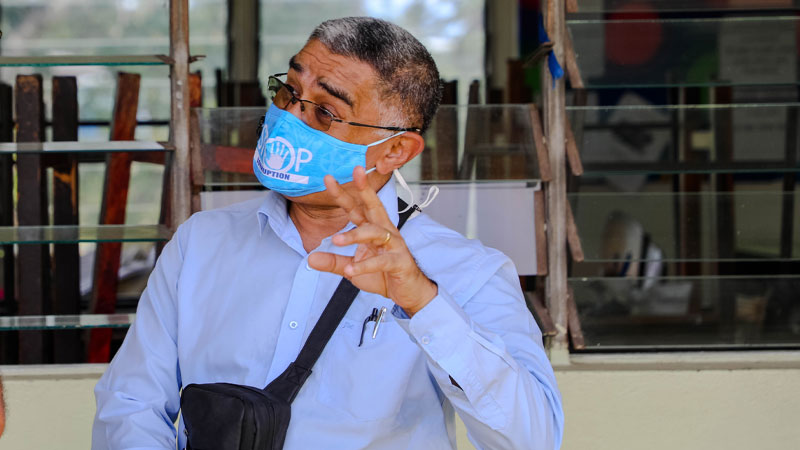
The Health Ministry says reports are indicating increasing hospital admissions for cases of severe leptospirosis in the Western Division and also now in the Central Division.
Permanent Secretary for Health Doctor James Fong says cases remain predominantly in the 10-39-year-old age group, with more cases in males than females, and a majority of cases in people of the i-Taukei ethnicity.
He says the new area of concern is the Ra Medical area where they have noted a marked increase in cases and hospitalisations.
Doctor Fong adds they have increased support to the Ra Subdivision Medical Team by mobilising a FEMAT team to man Rakiraki Hospital while the Ra Medical subdivision team will conduct outreach services to villages and communities in the Ra province.
He further says suspected cases will be counselled on ongoing care and the severely ill will be transferred to the hospital to receive the appropriate treatment.
Doctor Fong adds the community outreach teams will also review chronic medical cases and update their management.
He says Environmental Health Officers have also been brought in to work with the communities in escalating cleanup efforts that will help to control the population of communicable disease vectors such as mosquitoes, rats and other rodents in affected areas.
Doctor Fong stresses that they are focusing on geographical areas of concern for the purpose of mobilizing extra capability to help manage communicable disease outbreaks and also escalate the promotion of preventative measures.
Leptospirosis can be treated with appropriate antibiotic medications prescribed by a doctor if treatment is sought early.
Danger signs for severe leptospirosis include shortness of breath, coughing blood, chest pain, yellow eyes or skin, signs of bleeding including unexplained bruising, decreased or increased urination, difficulty staying awake.
Severe leptospirosis is life-threatening and anyone with these symptoms must be taken to the hospital immediately.
Stay tuned for the latest news on our radio stations


